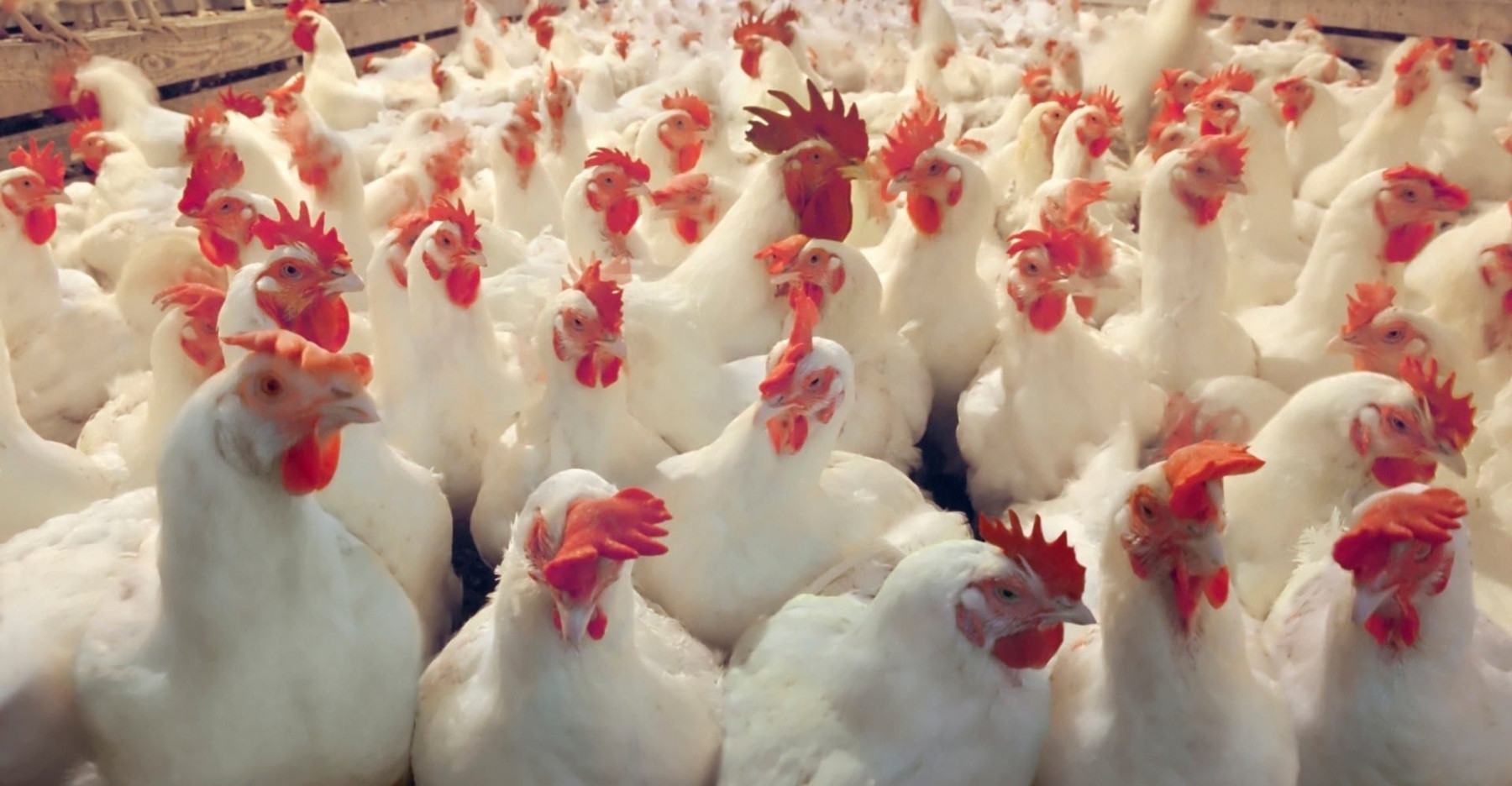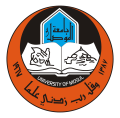The Iraqi Ministry of Agriculture announced a ban on the entry of poultry and its products from the Kurdistan Region to the rest of the Iraqi provinces.
The ministry explained in a brief statement that the ban will continue “until the epidemiological situation becomes clear,” without mentioning further details.
However, the Kurdistan Region Poultry Breeders Association revealed last Thursday that owners of production projects have suffered huge losses due to the ban imposed by the federal government on their export of chicken to the rest of the Iraqi provinces for eight months, noting that this coincided with the spread of epidemic diseases that led to a 50% decrease in production.
The head of the association, Nazem Abdullah, said, “The Kurdistan Region currently has about 50 million laying hens, and many traders rely on supporting poultry projects through local investments. However, for more than eight months, and in accordance with the decision of the federal government, the export of chicken from the region to the rest of the Iraqi provinces has been banned, which has caused owners of production projects great losses.”
He pointed out that “the association communicated with Kurdish representatives in the Iraqi parliament to find solutions to this problem, as there are 500,000 job opportunities in the poultry sector that are threatened with extinction if the ban continues.”
He stressed that “the continuation of the ban and other challenges such as the spread of viral diseases led to a 50% decrease in production, which portends a significant increase in chicken prices in the coming period.”
Abdullah said, “The cost of producing one kilogram of chicken reaches 2,500 dinars, but in the markets, one kilogram is sold for 1,900 dinars, which puts enormous pressure on farm owners and leads to selling their products at a loss.”
He explained that “chicken prices have declined significantly over the past six months, ranging between 2,000 and 2,500 dinars per kilogram, which forced project owners to sell at a loss.”
Abdullah called on the Iraqi government and the Kurdistan Regional Government to work to resolve the current crisis by opening new markets and ensuring the export of surplus production to the Iraqi provinces, calling on the Kurdish representatives to adopt a unified position to resolve this problem that threatens the future of thousands of workers in this vital sector.
The Kurdistan Region relies heavily on poultry projects to meet local needs and achieve a surplus that is exported to the rest of Iraq’s provinces. With the continued ban imposed for more than eight months on the export of chicken to the southern provinces, the economic crises of farm owners in the region have worsened.
This comes in conjunction with the emergence of a virus that has led to a 50% decline in production, deepening the crisis and threatening greater losses in the sector.






